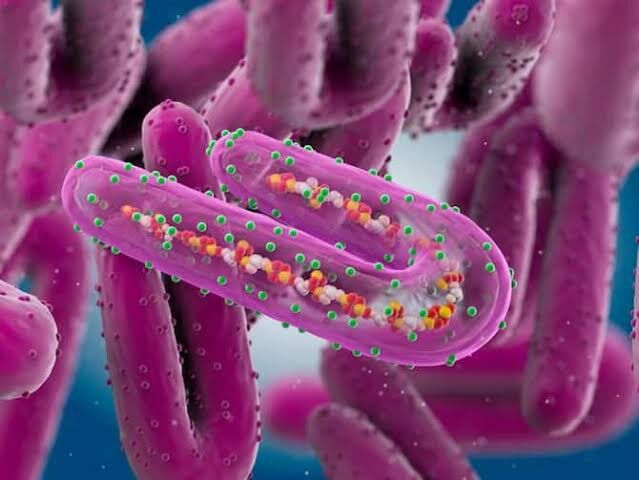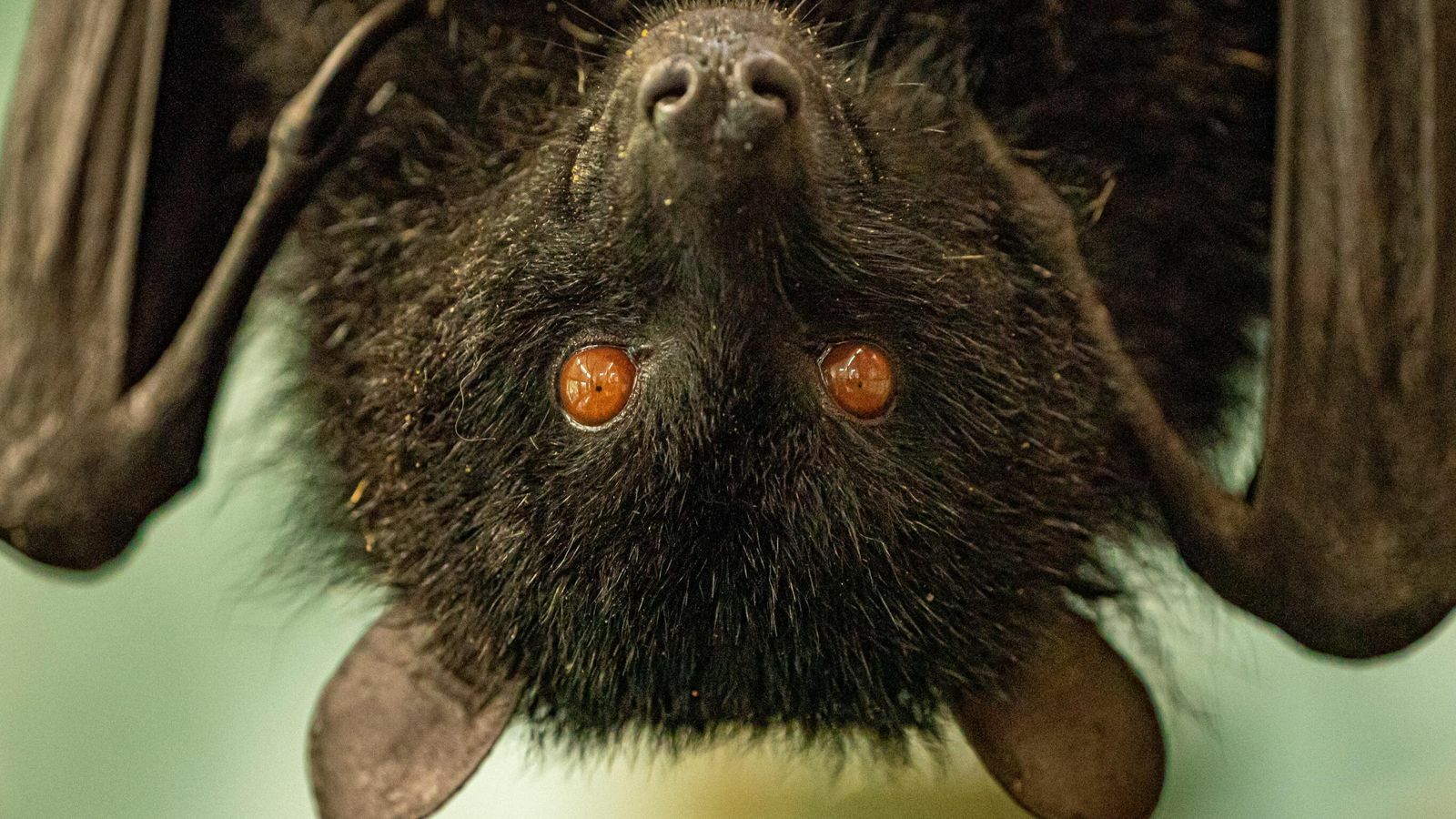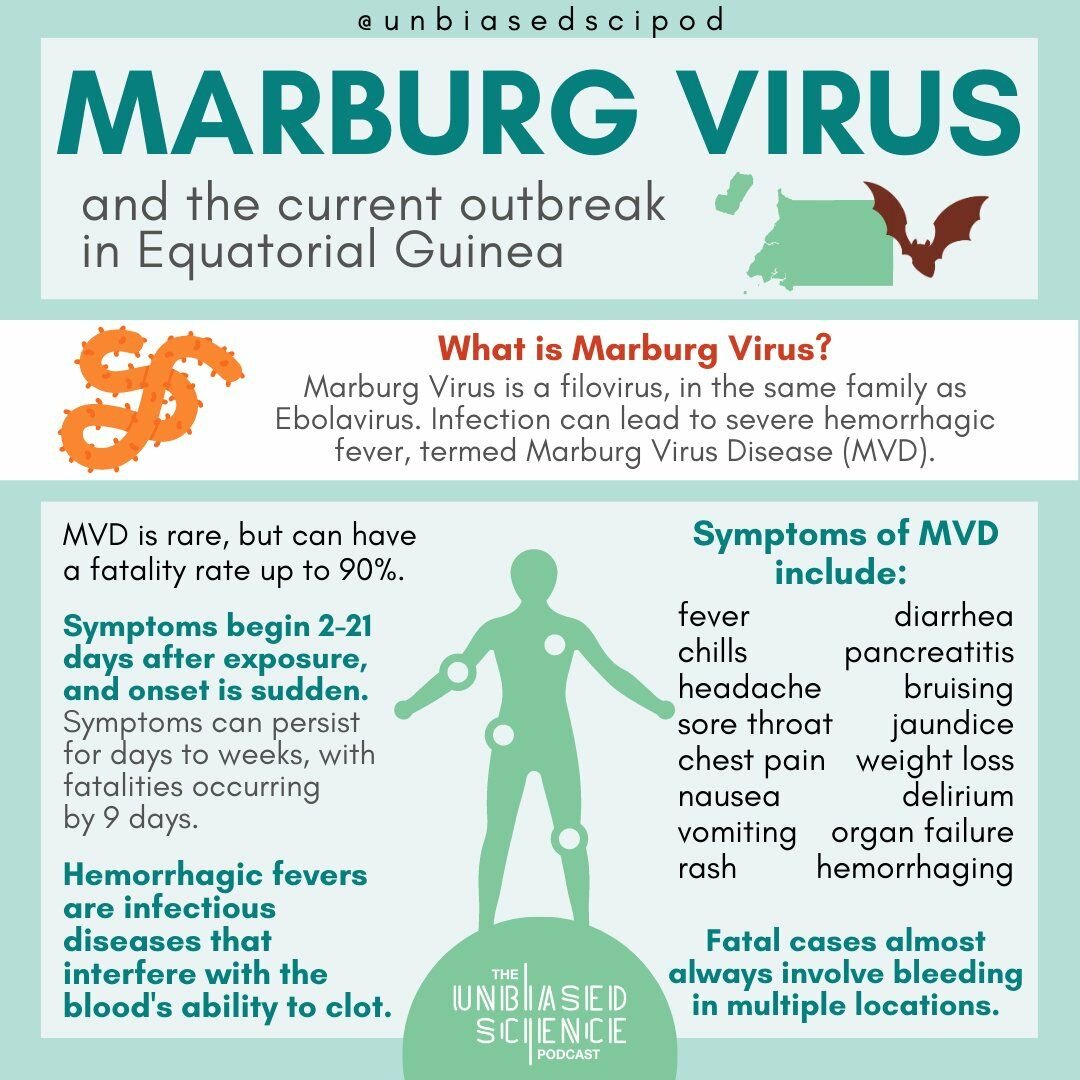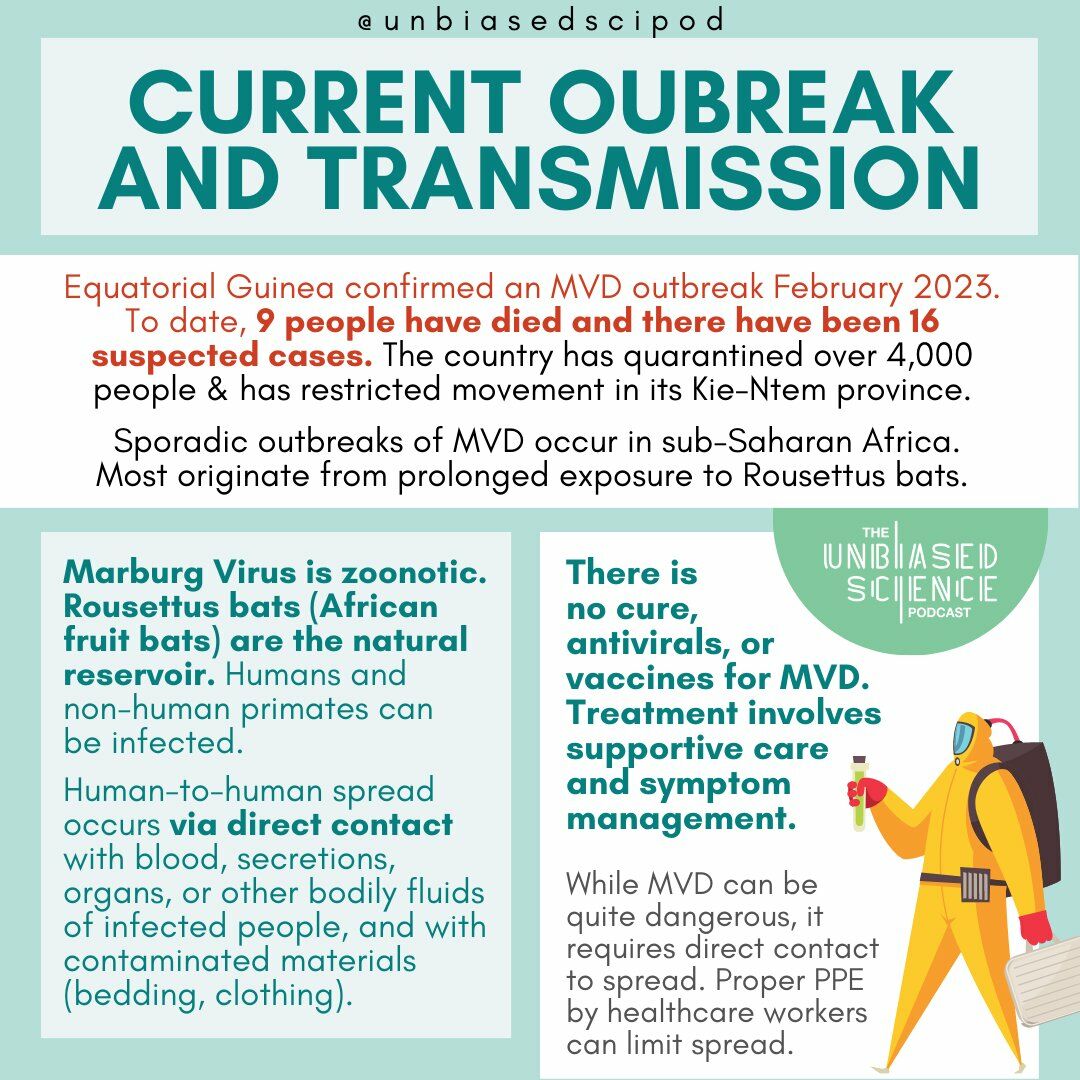Thailand rules out travel ban from Equatorial Guinea despite deadly MVD outbreak

Thailand has not imposed a travel ban on tourists from Equatorial Guinea despite the outbreak of the highly infectious Marburg Virus Disease (MVD), a deadly virus similar to Ebola.
The World Health Organisation (WHO) reported the first-ever outbreak of MVD on Monday, February 13, in Equatorial Guinea. Nine people have died and 200 high-risk people have been quarantined, reported Thai PBS.
According to Equatorial Guinea Health Minister Mitoha Ondo’o Ayekaba, the deaths are believed to be connected to a funeral that took place in the Nsok Nsomo district in the Kie-Ntem province.
The local health authorities first reported cases of hemorrhagic fever of unknown origin on February 7, and samples were sent to a laboratory in Senegal. The WHO confirmed that one of the samples tested positive for MVD. Contact tracing is being carried out, and suspected cases are being isolated and treated.
Dr Matshidiso Moeti, WHO regional director for Africa, said…
“Thanks to the rapid and decisive action by the Equatorial Guinean authorities in confirming the disease, emergency response can get to full steam quickly.”

Fruit bats are believed to be big spreaders of MVD.
Thailand’s Disease Control Department instructed international disease control checkpoints at all ports of entry into the country to screen all arrivals from countries currently reported to be affected by MVD as a precautionary measure, although the department did not reveal how they would impose it given thousands of tourists are now flooding through the kingdom’s international airports.
Dr Tares Krassanairawiwong yesterday reported the WHO had recorded another two cases, plus 42 more likely cases, in Cameroon, which borders Equatorial Guinea.
“In Thailand, MVD is classified as one of 13 dangerous infectious diseases, in accordance with the Infectious Diseases Act, although the disease has not yet been detected in the country.”
Dr Sophon Iamsirithavorn, the Deputy Director-General of the Department of Disease Control in Thailand, stated that no travel bans have been imposed on Equatorial Guinea or Cameroon. However, screening measures have been heightened for travellers arriving from these African countries. If an incoming passenger is suspected of having an infection, health officials will take fluid samples for testing and inform the person of the results within three hours.
Symptoms of the infection can occur rapidly, within two to 21 days after exposure. Early symptoms include fever, chills, headache, and muscle pain. Around five days after the onset of symptoms, a maculopapular rash may appear, particularly on the trunk of the body. Other symptoms may include nausea, vomiting, chest pain, sore throat, abdominal pain, and diarrhoea. The disease can progress to more severe symptoms such as jaundice, pancreatitis, significant weight loss, delirium, shock, liver failure, massive bleeding, and multi-organ failure.
MVD can have a fatality rate of up to 88%, according to the WHO. There are no vaccines or antiviral treatments approved to treat it.


Latest Thailand News
Follow The Thaiger on Google News:


























